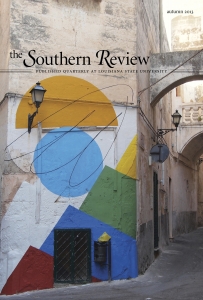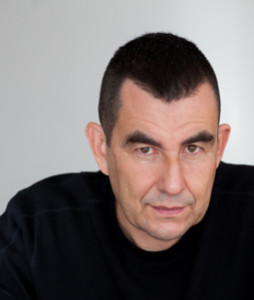 Another Sunday in which I participate in David Abrams’s “Sunday Sentence” project, which asks others to share the best sentence(s) we’ve read during the past week, “out of context and without commentary.”
Another Sunday in which I participate in David Abrams’s “Sunday Sentence” project, which asks others to share the best sentence(s) we’ve read during the past week, “out of context and without commentary.”
In addition to Reb Shimon’s Society for Morality in the Young, that town of three thousand Hebrew souls had a Society for the Dissemination of Russian Culture, a Society for the Dissemination of German Science, a Resettlement in the Holy Land Society, a Resettlement (Anywhere) Society, a Society for Talmud Study, a Society for Torah Study, a Society for the Study of the Prophets, a Sickbed Society, a Burial Society, an Interest-Free Loan Society, and a Society for the Dissemination of Knowledge Among the Jews.
Source: “Fire Year,” in Jason K. Friedman’s story collection of the same title.




